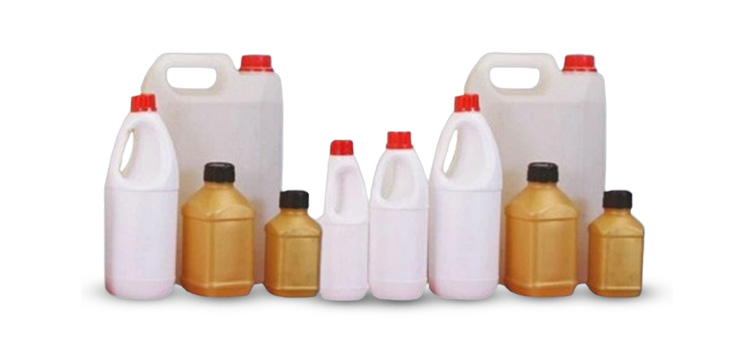
Bio Pesticide HDPE Bottles Manufacturers in Hyderabad Telangana, Andhra Pradesh & Karnataka
Bio Pesticides are natural alternatives to conventional chemical pesticides that are commonly used to control pests and diseases in agriculture. These bio pesticides are made from natural materials such as plants, bacteria, and fungi, and are considered to be more environmentally friendly and sustainable than their chemical counterparts. With the increasing demand for organic and sustainable farming practices, the use of bio pesticides has gained popularity in recent years.
One of the key components of bio pesticides is the packaging in which they are stored and sold. Bio Pesticides HDPE (High-Density Polyethylene) bottles have emerged as the preferred packaging material for bio pesticides due to their unique properties and benefits. In this essay, we will explore why HDPE bottles are the ideal packaging material for bio pesticides and how they contribute to the growth of the bio pesticide industry.
Bio Pesticides HDPE bottles are made from a type of plastic that is known for its strength, durability, and resistance to chemicals. This makes them the perfect choice for storing bio pesticides, as these products are often highly concentrated and can be corrosive to other materials. The sturdy nature of HDPE bottles ensures that the bio pesticide inside remains safe and secure, without any risk of leakage or contamination. This is especially important for organic farming, where any form of contamination can lead to loss of organic certification and damage to the environment.
Another major benefit of HDPE bottles is their ability to protect the bio pesticide from external factors such as light and heat. Bio pesticides are sensitive to these elements and prolonged exposure can degrade their effectiveness. HDPE bottles are designed to block out harmful UV rays and maintain a consistent temperature, ensuring that the bio pesticide remains potent and effective until it is used by the farmer. This is crucial as any decrease in effectiveness can result in crop damage, leading to financial losses for the farmer.
The versatility of Bio Pesticides HDPE bottles is also a major advantage for the bio pesticide industry. These bottles come in various sizes and shapes, making them suitable for different types of bio pesticides. They can also be customized with labels and branding, making them easy to identify and market to consumers. This is particularly important for small-scale bio pesticide producers who may not have the resources to invest in expensive packaging solutions.
In addition to these benefits, Bio Pesticides HDPE bottles are also environmentally friendly. They are made from recyclable materials and can be reused multiple times before being recycled again. This promotes a circular economy and reduces the amount of plastic waste that ends up in landfills and oceans. This aligns with the overall goal of bio pesticides, which is to promote sustainable and eco-friendly farming practices.
Furthermore, the use of Bio Pesticides HDPE bottles for bio pesticides has a positive impact on the overall cost of production. These bottles are lightweight, reducing transportation costs, and are also cost-effective to manufacture. This translates to lower costs for farmers, making bio pesticides a more affordable option compared to chemical pesticides.
Bio Pesticides HDPE bottles are the ideal packaging material for bio pesticides due to their strength, durability, and ability to protect the product from external factors. They are versatile, environmentally friendly, and cost-effective, making them a popular choice for both producers and consumers in the bio pesticide industry. As the demand for organic and sustainable farming practices continues to grow, the use of Bio Pesticides HDPE bottles will play a crucial role in promoting the use of bio pesticides and creating a healthier and more sustainable agricultural system.
